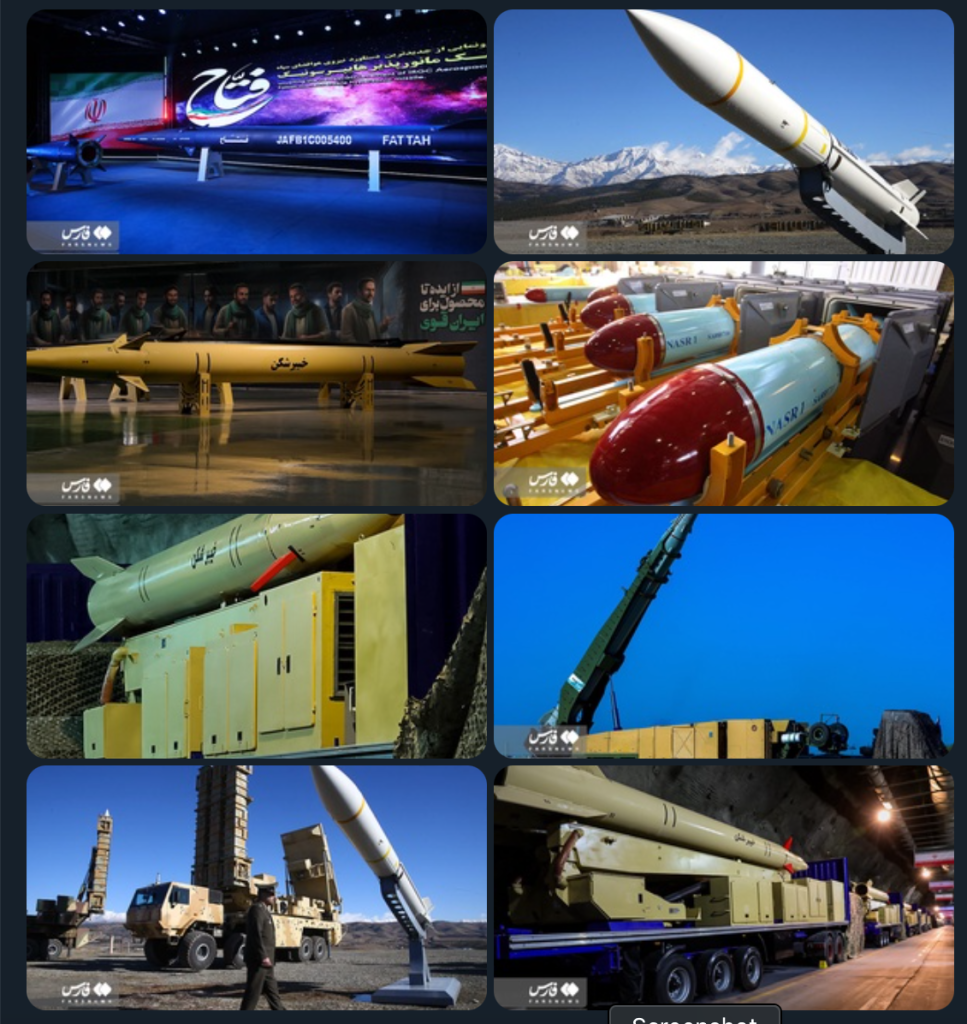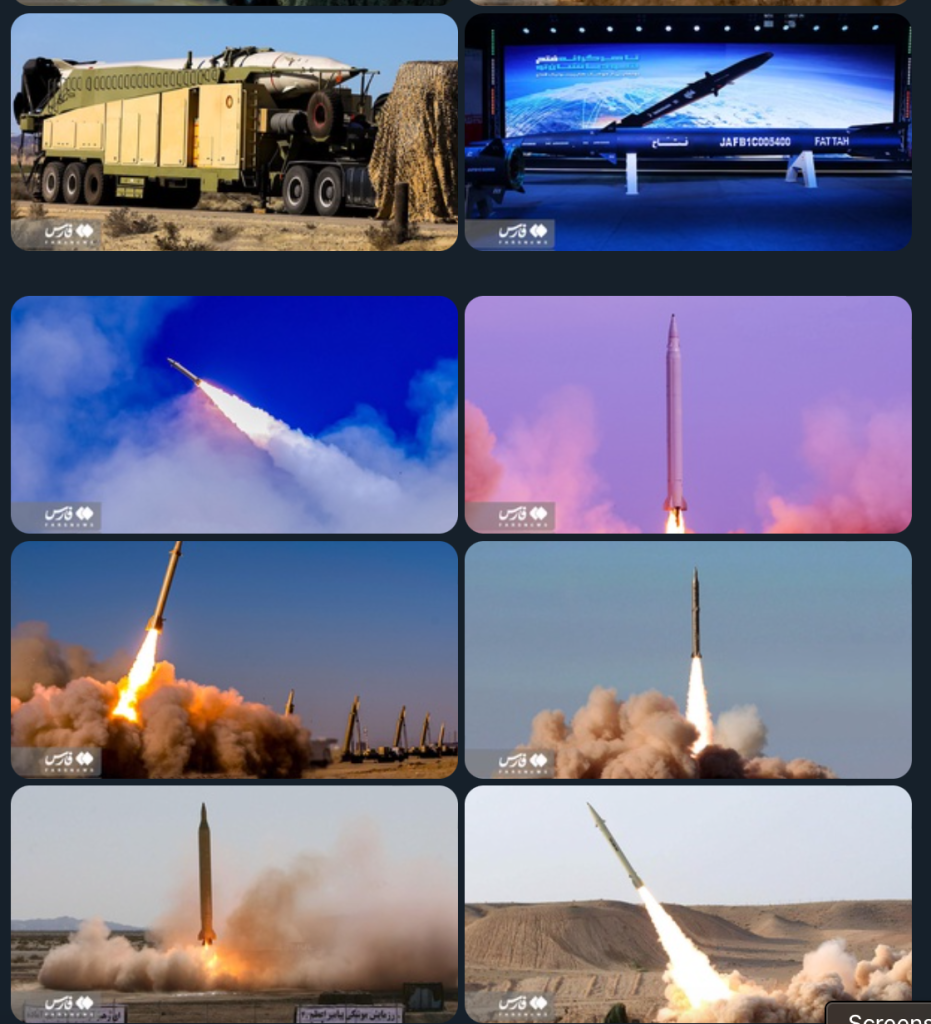Negative Security Assurances, as we know, has been on the Agenda of the Conference for the last 4 decades. The Final document of SSOD-1, in fact, called upon nuclear weapon States to undertake steps to assure non-nuclear weapon States against the use or threat of use of nuclear weapons.
India believes that non-nuclear weapon states have a legitimate right to be assured against the use or threat of use of nuclear weapons.
Mr. Coordinator,
Nuclear weapons pose the greatest danger to humanity. The best assurance against their use or threat of use is their complete elimination.
India has, therefore, been consistent in its support for global, verifiable, and non-discriminatory nuclear disarmament. It is our belief that this can be achieved in a time-bound manner, through a step-by-step process, underwritten by a universal commitment, and an agreed global and non-discriminatory multilateral framework.
India’s Working Paper CD/1816 presented to the Conference in 2007, elaborates our approach to global nuclear disarmament. One of the proposals underlined in CD/1816 is to undertake negotiation of a universal and legally binding agreement on non-use of nuclear weapons against non-nuclear weapon States.
Mr. Coordinator,
As part of our doctrine of credible minimum nuclear deterrence, India has espoused the policy of “No First Use” against nuclear weapon states and non-use against non-nuclear weapon states. We are prepared to convert these undertakings into multilateral legal arrangements.
Mr. Coordinator,
India’s annual resolution on “Convention on the Prohibition of the use of Nuclear Weapons”, tabled since 1982 in the GA, requests the CD to commence negotiations on an international convention prohibiting the use or threat of use of nuclear weapons under any circumstances. It reflects our belief that such a multilateral, universal and legally binding agreement would generate necessary political will among States possessing nuclear weapons to engage in negotiations leading to the total elimination of nuclear weapons.
India’s annual resolution on ‘Reducing Nuclear Danger’, tabled since 1998 in the GA, has drawn global attention to the hair-trigger alert of nuclear weapons carrying unacceptable risks of unintentional or accidental use of nuclear weapons, that would have catastrophic consequences for all humankind. It recognises the need for a review of nuclear doctrine and the need for steps to reduce the risk of unintentional or accidental use of nuclear weapons, including through de-alerting and de-targeting of nuclear weapons. These two resolutions manifest our shared commitment towards the common goal of nuclear disarmament.
Mr. Coordinator,
India has supported GA resolution 78/18, which recommends that the Conference continue intensive negotiations with a view to reaching early agreement and concluding effective international agreements to assure the non-nuclear-weapon States against the use or threat of use of nuclear weapons.
India has supported the conclusion of universal, unconditional, and legally binding instrument on security assurances to non-nuclear weapon States as a matter of priority.
We believe that CD, which has the relevant membership, is the most appropriate forum for negotiating a legally binding instrument on negative security assurances and stands ready to participate in such a negotiation.




